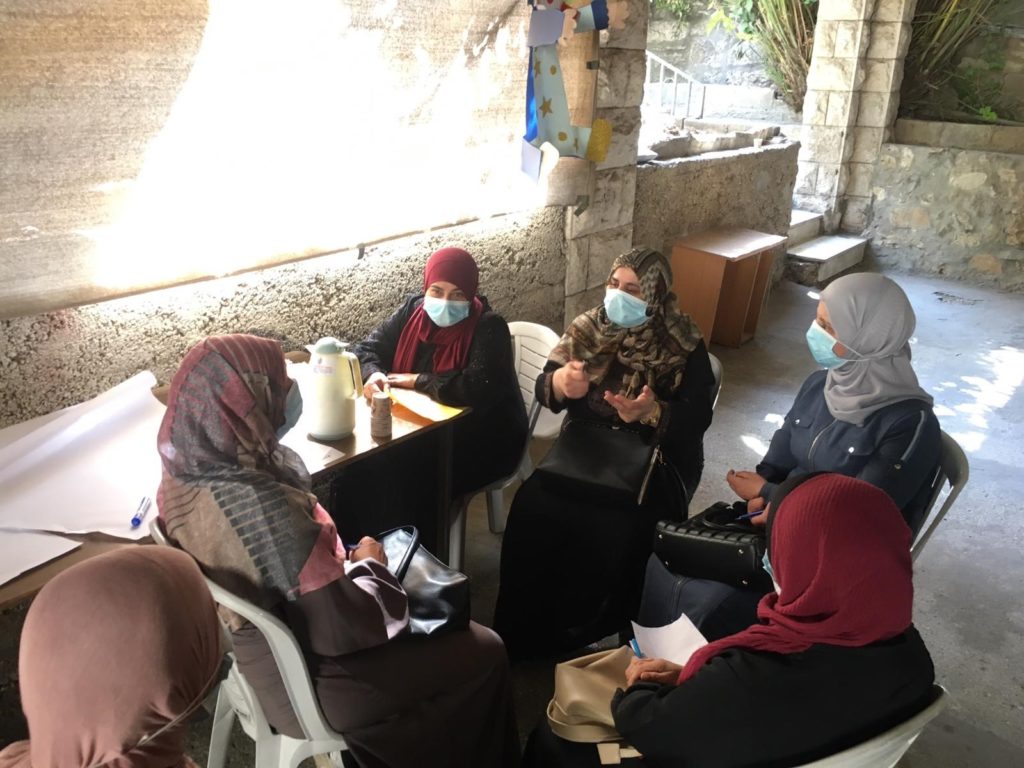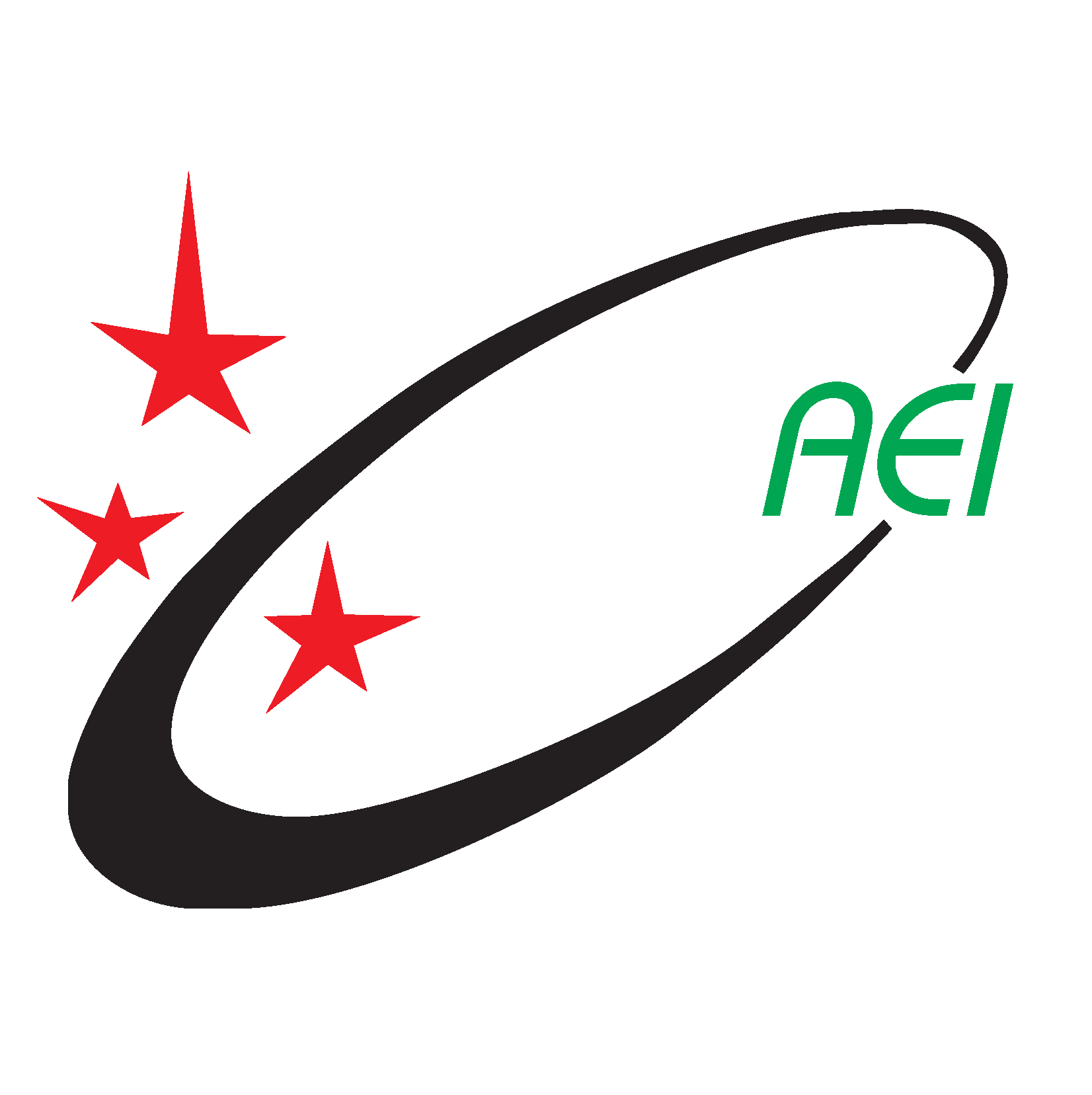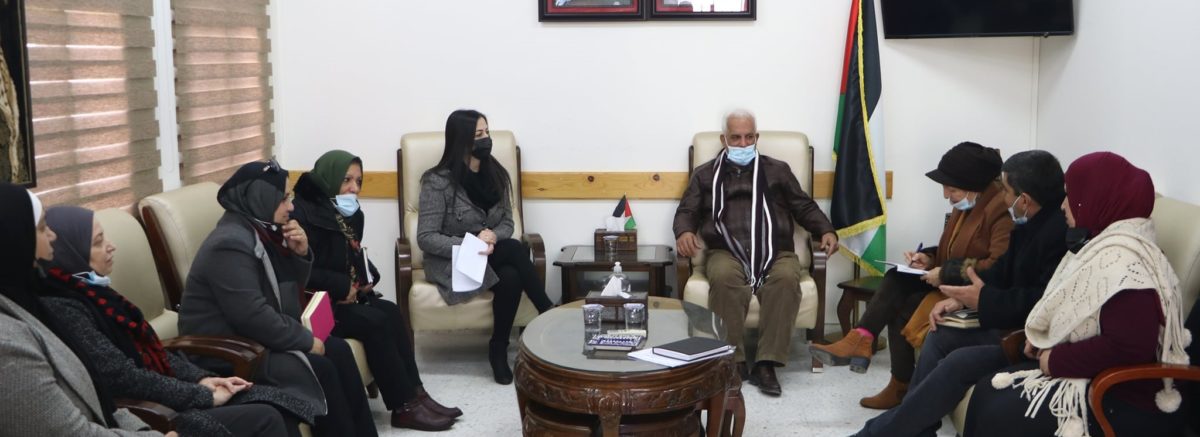“One early morning, as I was on my way to work at the nursery through a bypass road, I noticed a settler following me for about 15 minutes. I immediately remembered the woman who was kidnapped a few days ago in the same area. I was unable to continue my way and drove off to the main road,” said M.A from Hebron H2.
“Thanks to the project “Early Warning and Mediation Systems (EWRS)” implemented in my area, I learned how to prevent such conflict and decided to change my way,” M.A added.
Funded by the Women’s Peace and Humanitarian Fund (WPHF), the Arab Educational Institute (AEI) and its partner Women’s Activity Association (WAA) implemented the EWRS project in Hebron H2 and its countryside since 2020.
Hebron H2 is an area in downtown Hebron near five Israeli settlements with Israeli military control that is inhabited mainly by Palestinians and a few hundred colonial settlers. The area, situated in the West Bank, suffers from severe restrictions with limited access to sources of livelihood, basic services, and social protection.
The coronavirus pandemic (COVID-19) and the lockdowns had major effects on life in general and raised domestic violence against women. Due to family pressures, deprivation, layoffs, and non-payment of wages, women were in need for income. They were helpless in resolving social, political and economic issues because they lacked conflict resolution tools.
Guided by the AEI and WAA, early warning teams supported by mediator teams of local women were formed to participate in conflict prevention. They jointly developed a platform to meet together through five selected Civil Society Organizations (CSOs) in rural Hebron; including Al-Mahawer Society, Youth and Children Dream Society, Family Development Society, Sharek Center, and Aman Counseling Center.
140 women became involved in the EWRS project through the support of the CSOs. The participating women are now empowered and ready to start the early warning and conflict prevention mechanisms and develop effective community responses.
An introductory meeting was held with the security agencies in cooperation with the governorate where the early warning and respond teams have introduced and explained the EWRS concept and process. A broad EWRS platform was formed to include a wide range of Hebron CSOs and institutions besides the participating CSOs, in addition to the municipalities and governorate.
To conclude, the Governor of Hebron, Major General Jibreen al-Bakri, was quite motivated to be involved in EWRS. He agreed that the governorate becomes the main supportive body of the project.
He issued a letter of recommendation that will be used by the EWRS to increase credibility on the ground. He also promised that the governorate will ensure the project’s sustainability in the future and be responsible for the EWRS website.


